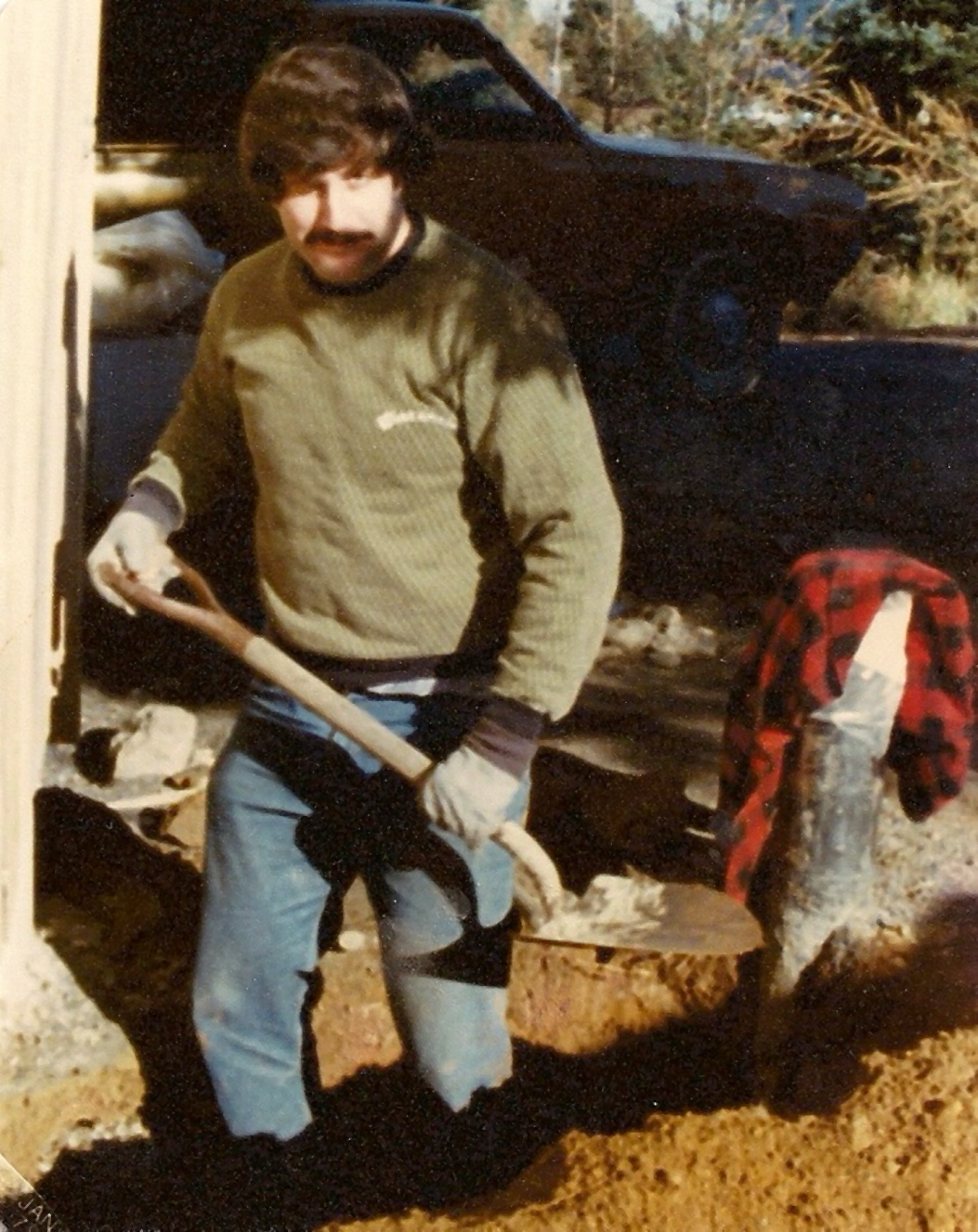Diggin' Your Own Kind of Music
We each have a song to sing. Sometimes it sounds like someone else's—until we find the voice that's truly ours. This one's about finding your own tune—and diggin' it, together. That's what brings us home.

Some vocal artists sing a famous song almost exactly like the original—note for note.
And then there are those who sing it their own way—familiar, yet unmistakably theirs. Something in it stays with you.
I think of the people we model our lives after the same way. I think of them each as someone else’s song that we are trying to make our own.
Some know the tune by heart. Others are still learning the words and need to stay close to the original—at least for a while.
But some never really make it their own—and sadly, one day discover that what the performer was singing wasn't them at all—neither the performer nor themselves.
Nevertheless, some end up teaching their music, and may feel good about being part of something important—even if they never quite find their own voice. Some move on to learn another song, and that one also becomes part of an act that defines them.
As for myself, I was always told not to sing in the group, as I didn't know how to carry a tune. Instead, I learned to whum—whistling and humming at the same time—a distinctive soothing sound that could calm a fussy baby—like the hum of wind coming from your soul.
To me, it was better than being cast out—like an unwanted smell—because it meant I was different, but still human, and deserved to exist—just like everyone else.
Over time, whumming became my own version of others’ music—something I could blend with what was already mine.
I appreciated each song for what it offered, but what I appreciated the most was how it blended with my own—the music that came from deep in my heart—in my Core.
I might include parts that sound familiar, but the way I arrange and put it together gives it a flavor of its own—not just to me but to all those who are listening.
So, the bottom line, from where I am sitting, is that each of you has your own special voice and model of who you are—your Core Self.
You may be one unique flavor, or create something new that others never knew they were longing for until they heard it.
When I say, live in the light of invisibility, this is what I mean. It’s your light. And though it may help others find theirs, it belongs to the human being you were always meant to be—regardless of where you sit in the therapy room, or whether you care about someone who is.
I light up when I see it—because in that moment, I know that I am home—inside myself, as I know you are there, too, diggin’ it together—with courage and pride along the way.
So, I’ll leave you with a message of hope and belonging from the one and only Mama Cass Elliott—a voice that helped me feel less alone as a teenager, and eventually led me to Maine, where I met my wife—and came home to myself and each other—with our own family and home.
Being true to yourself is how we can all make our own kind of music. And it’s beautiful when we do—even if our song is different and we're not singing.
It keeps us diggin’—until we get to the end of the story and the beginning of another. It's always a privilege to be here—for now, and forever true.
Thank you, Mama. You still live in our hearts.
Comments or questions? Email me at mcecilvt@aol.com. Feel free to share these words—and this blog—with anyone you hold, or long to be held by, in the light of invisibility.
Dr. Cecil is a licensed psychologist, certified AEDP supervisor, approved EMDR consultant, and senior CSRT consultant. He specializes in treating complex relational, developmental, and transgenerational trauma, bringing therapy to life through heartfelt stories and images of connection and healing that emerge from the light of invisibility.